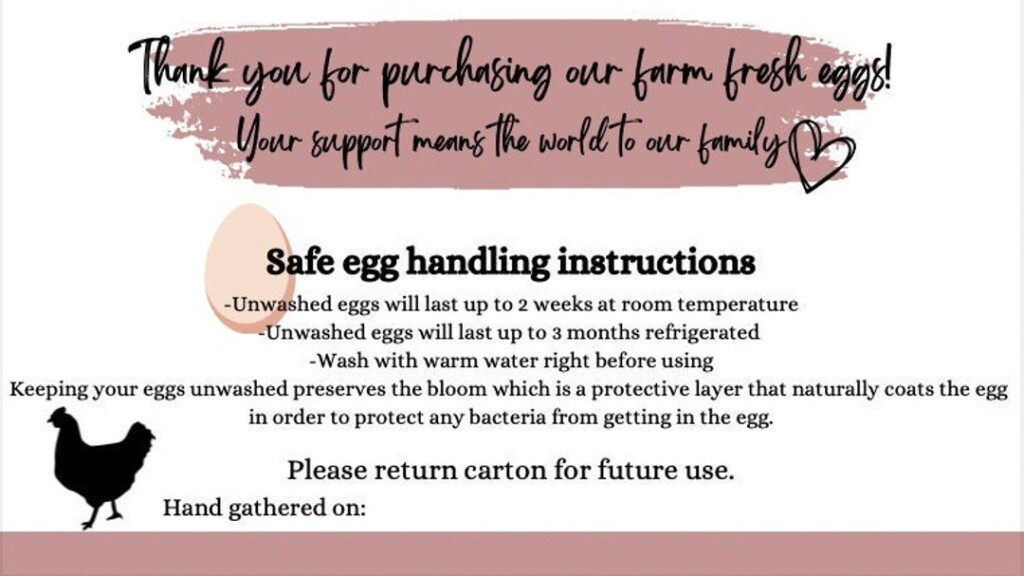Proper egg handling is crucial in maintaining the quality and safety of eggs. By following the correct procedures, you can ensure that your eggs are fresh, safe to eat, and free from contamination. Here are some important tips for handling eggs properly:
It is generally recommended not to wash eggs as they have a natural protective coating that helps to keep out bacteria. If your eggs are dirty, simply wipe them with a dry cloth or paper towel. Washing eggs can actually remove this protective coating and increase the risk of contamination.
2. Storing Eggs:
Eggs should be stored in the refrigerator at a temperature of 40°F (4°C) or lower. Store eggs in their original carton to help prevent absorption of odors and flavors from other foods in the fridge. It’s also a good idea to store eggs with the pointed end down to help keep the yolk centered.
3. Handling Eggs:
When handling eggs, be sure to wash your hands thoroughly before and after touching them. Avoid cracking eggs on the edge of bowls or pans to prevent the risk of shell fragments getting into the egg. If you accidentally get shell in the egg, use a clean spoon to remove it before using the egg.
